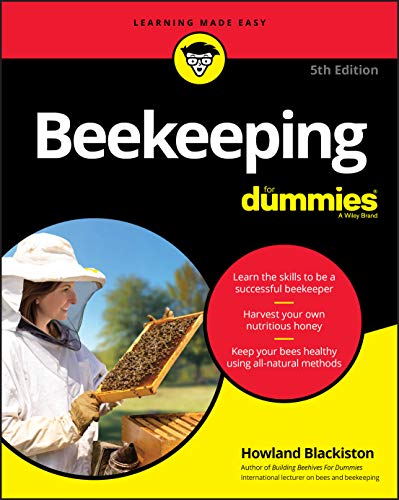RayN
New Bee
- Joined
- Oct 17, 2009
- Messages
- 15
- Reaction score
- 0
- Location
- SW London
- Hive Type
- National
- Number of Hives
- 1
Hi,
I'm a new beekeeper this year. I have one small colony which I thought I'd more or less bedded down for the winter. The hive is in its third week of the second apiguard treatment.
This afternoon, I found a queen\princess on the ground in front of the hive! It looked a bit emaciated, minus a leg and had stubby wings. I did an emergency inspection of the hive, found a couple of what looked like partial or broken down supercedure cells and the original queen - I think! (Having only one hive I didn't bother marking the queen).
The inspection also revealed while there were bees and stores and space for brood there was no actual brood.
Any idea what's going on?
Should I worry?
What can I do?
I'm a new beekeeper this year. I have one small colony which I thought I'd more or less bedded down for the winter. The hive is in its third week of the second apiguard treatment.
This afternoon, I found a queen\princess on the ground in front of the hive! It looked a bit emaciated, minus a leg and had stubby wings. I did an emergency inspection of the hive, found a couple of what looked like partial or broken down supercedure cells and the original queen - I think! (Having only one hive I didn't bother marking the queen).
The inspection also revealed while there were bees and stores and space for brood there was no actual brood.
Any idea what's going on?
Should I worry?
What can I do?














































